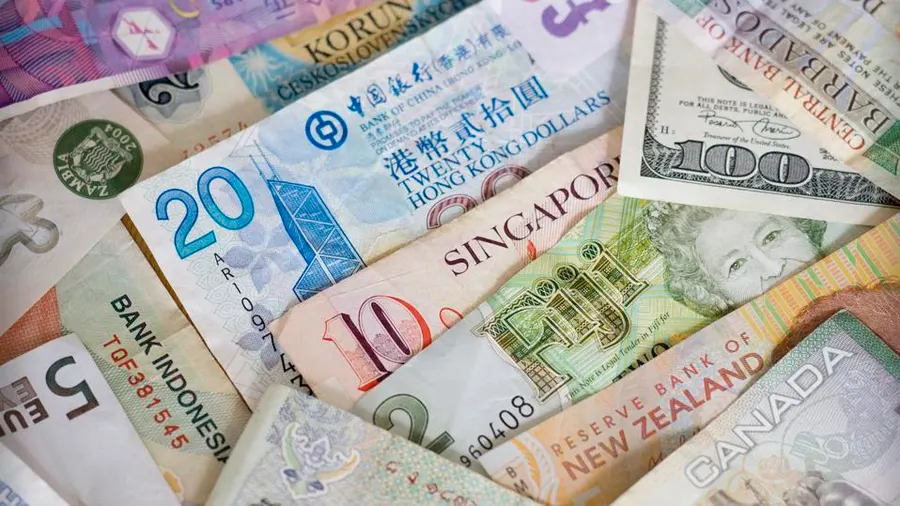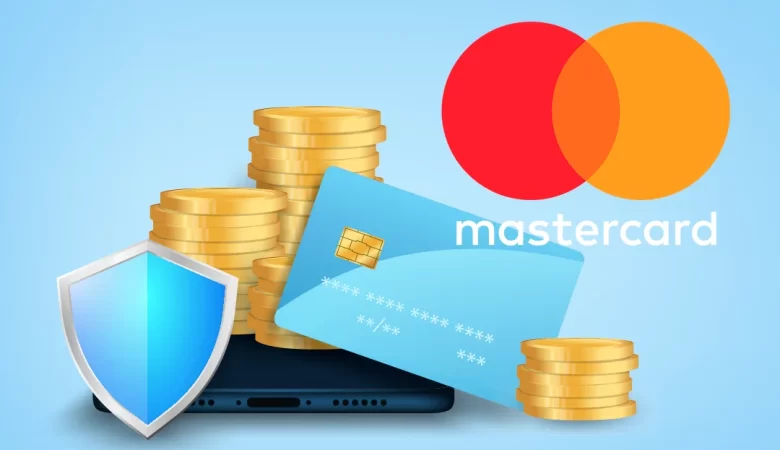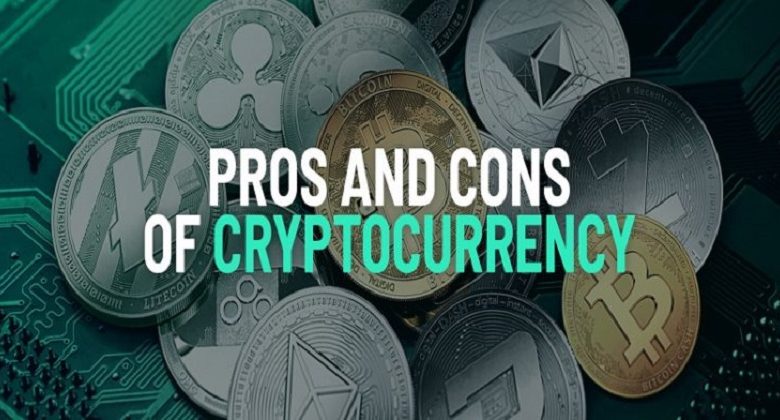Which form of money is ideal?
The “best” currency will vary depending on the circumstances and your specific requirements or goals. There are many various types of money, each serving a certain purpose. The following list of common currency kinds includes some situations when they can be considered “best”:
The term “fiat currency” refers to money that has been issued by the government and is recognized as legal tender in the nation where it was issued. Examples are the US Dollar (USD), Euro (EUR), and Japanese Yen (JPY). These currencies are often used for savings and investments because of their stability, and they are generally recognized for use in day-to-day transactions.
Cryptographic-based digital or virtual currencies are referred to as “cryptocurrencies.”
Investments, overseas transfers, and internet transactions can all be done with cryptocurrencies. The “best” coin depends on your goals. For instance, Bitcoin is frequently viewed as a store of money whereas Ethereum (ETH) is used for smart contracts and decentralized apps.
A stablecoin is a type of cryptocurrency whose value is typically tied to a traditional fiat currency, such the US dollar. Examples include USD Coin (USDC) and Tether (USDT). Stablecoins are utilized for commerce and as a store of value in the cryptocurrency market because they provide stability compared to more volatile cryptocurrencies.
Commodity Currency: Some countries have made gold or silver their primary currency. The intrinsic worth of these currencies can serve as an inflation hedge.
Local Currency: The local currency is typically the best choice for conducting business within a certain region or country due to its acceptance and legal standing. Local currencies are widely used when making routine purchases, paying bills, and conducting business locally.
Digital wallet currency: Some digital wallets and online payment systems, like PayPal, have their own currencies that are only recognized by those services. Platform transactions and services can be carried out using these currencies.
Cryptocurrency for Cross-Border Transactions: Because they offer quicker and perhaps less expensive substitutes to traditional banking systems, cryptocurrencies like XRP (designed for cross-border payments) and Stellar Lumens (XLM) may be suitable for international money transfers.
Investment money: Assets with a history of wealth preservation, such as gold, bitcoin, or other such assets, may be judged “best” by certain investors when seeking for a long-term store of value or investment.
In the end, the “best” currency depends on your particular use case, locality, goals, and preferences. People use a wide range of various currencies for a number of objectives in their financial lives. For any situation, it’s essential to be aware of the characteristics, risks, and benefits of the currency you choose as well as any changes in the financial climate that might have an impact.

What is the function of money?
Money performs a number of important tasks in an economy and is crucial for both the efficient running of modern civilizations and the facilitation of economic transactions. The primary purposes for money are as follows:
Without the need for bartering, people can exchange products and services using money, a widely used and accepted medium of exchange. In a barter economy, people would have to find someone who could exchange their existing possessions for the particular goods or services they need. This process is facilitated by money, which also improves the efficiency of transactions.
Money serves as a standard unit of account for measuring the worth of products and services. It makes it easier for people and businesses to communicate pricing, charges, and financial values in a consistent manner.
Money serves as a store of value, allowing individuals to build and safeguard their wealth through time. A few examples of the various ways people can hold money and anticipate it to retain its value or purchasing power over time include cash, bank deposits, and digital currencies. This feature can be used by individuals to invest, plan for the future, and establish financial security.
According to the deferred payment norm, money facilitates transactions involving future payments or contractual commitments. People and organizations can enter into agreements like loans and contracts with confidence if they know they can use money to pay their debts in the future.
Facilitates Specialization and Trade: Money encourages specialization and the division of labor because it allows people to concentrate on producing the goods and services they are best at and then using them.
Because it is frequently portable and compact, money works well for everyday transactions. People can carry little amounts of cash with them and utilize it for a variety of purposes.
Physical forms of currency, like coins and banknotes, are created to be sturdy and resilient for longevity. Money is maintained useful and maintains its value by doing this.
Because money can be divided into smaller pieces, transactions involving various amounts are possible. For instance, one currency can be used for both small and large transactions because it can represent values.
One unit of one denomination of money can be exchanged for another of equal value because money is fungible. This attribute assures
Trust and Confidence: For money to function effectively, there must be trust and confidence in its stability and acceptability. Governments and central banks frequently take involvement in the creation and control of money in order to sustain this confidence.
The many functions that money performs in contemporary economies promote efficiency, economic growth, and societal and individual well-being. As economies and civilizations have evolved over time, various forms of money—from paper money to digital currencies—have emerged to meet those demands.





